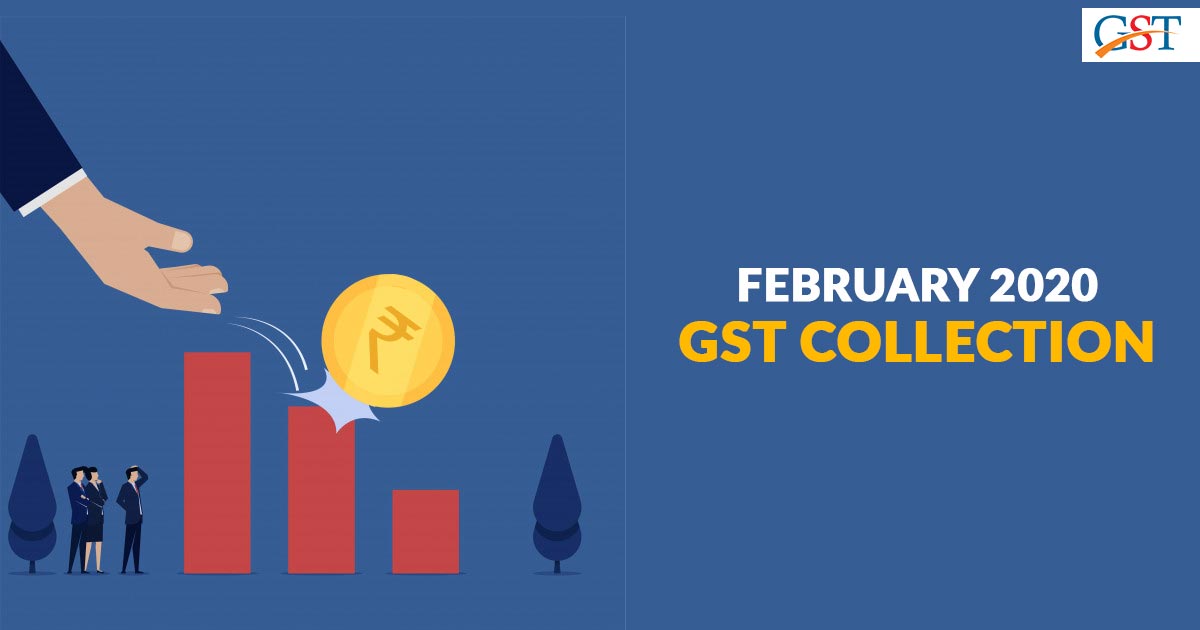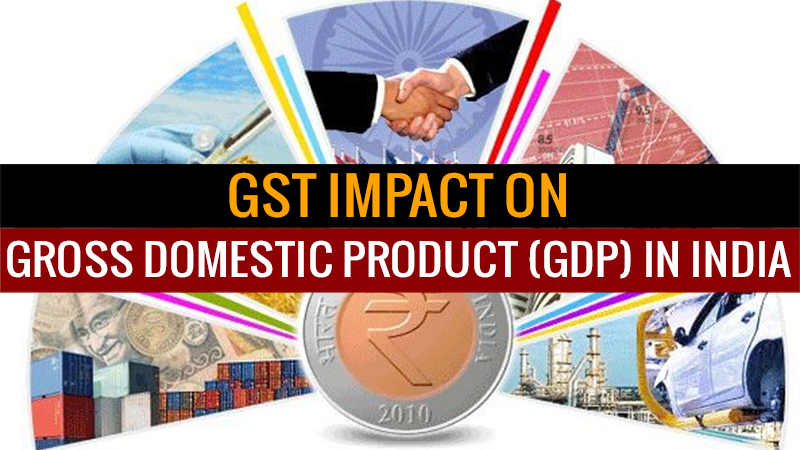
While the entire world is in the grip of COVID-19 disease, India is no exception. The country’s February Goods and Service Tax (GST) collection was only Rs. 98,000 crore till March 30, 2020, said sources. Prior to corona crises in India, the GST collection stood at Rs. 1 lakh crore mark that is again less than the value targeted by the government for upscaling the economy of the country (i,e, Rs, 1.25 lakh crore). In the previous financial year, the February month GST collection was marked somewhere near Rs. 97,000 crores.
However, the deadlines for clearing all the outstanding liabilities for February, March, and April has been extended by the government until 30 June 2020, the experts have declared that most of the GST collection for February month that was to be recorded in March has already been submitted which leaves no possibility for the government to reach the targeted Rs. 1.25 lakh crore mark. The downfall in the GST collection is probably due to a lack of imports from China in January and nill imports in the entire month of February, said government officials. Reduction in imports has led the Integrated GST collection to fall considerably having an adverse effect on the overall GST revenue collection.
Adding on to the negative effects of reduced imports, there was slow-paced manufacturing due to the shift from the BS-IV model to the BS-VI model in automobiles. Manufacturers were aiming at clearing the present stocks before initiating the production for BS-VI automobile models. Prior to the outbreak of COVID-19 in the country, the nation was struggling with lower Gross Domestic Product (GDP) 
The administration considers February GST collection far better than the estimated GST collections for March and April that will witness a steep downfall due to the COVID-19 outbreak and the simultaneous lockdown introduced by PM to control the widespread of the disease. Providing relief to MSMEs, the indirect tax department has assured us to process the claimed refunds of micro, small and medium enterprises (MSMEs) 
“Figures of GST collection for the current month are still encouraging as compared to the GST collection estimated for April month”, said Abhishek Jain, Tax Partner at EY. Abhishek Jain further added that looking at the loss to businesses caused due to lockdown for March-April and the relaxations given in tax payments amid the current situation will lead to a severe downfall in the GST collection for the upcoming quarter. Business activities, especially in the auto and real estate sectors, were almost zero in February said MS Mani, tax partner at Deloitte India.
This along with the slowdown in imports may lead to a lower than expected future GST collection. For the previous few months, GST collection has touched the 1 lakh crore mark and there are high expectations from the GST collection of March, said Mani. According to Anita Rastogi (Partner Indirect Taxes, PwC India), economic slowdown is one of the prime reasons for the downfall in GST collection. Also, certain sectors such as automobile and auto part manufacturers are hauling that is adding on to the prevalent problem of low tax collection.









